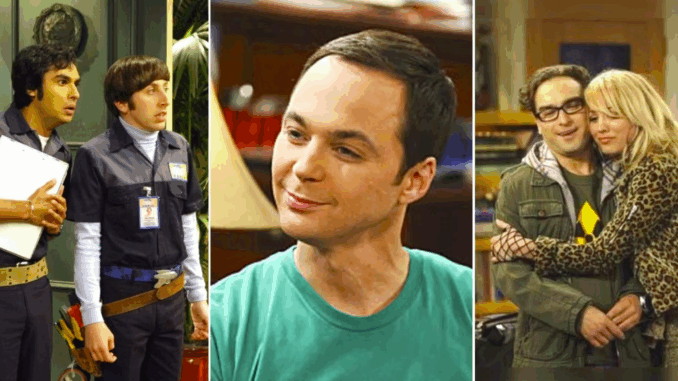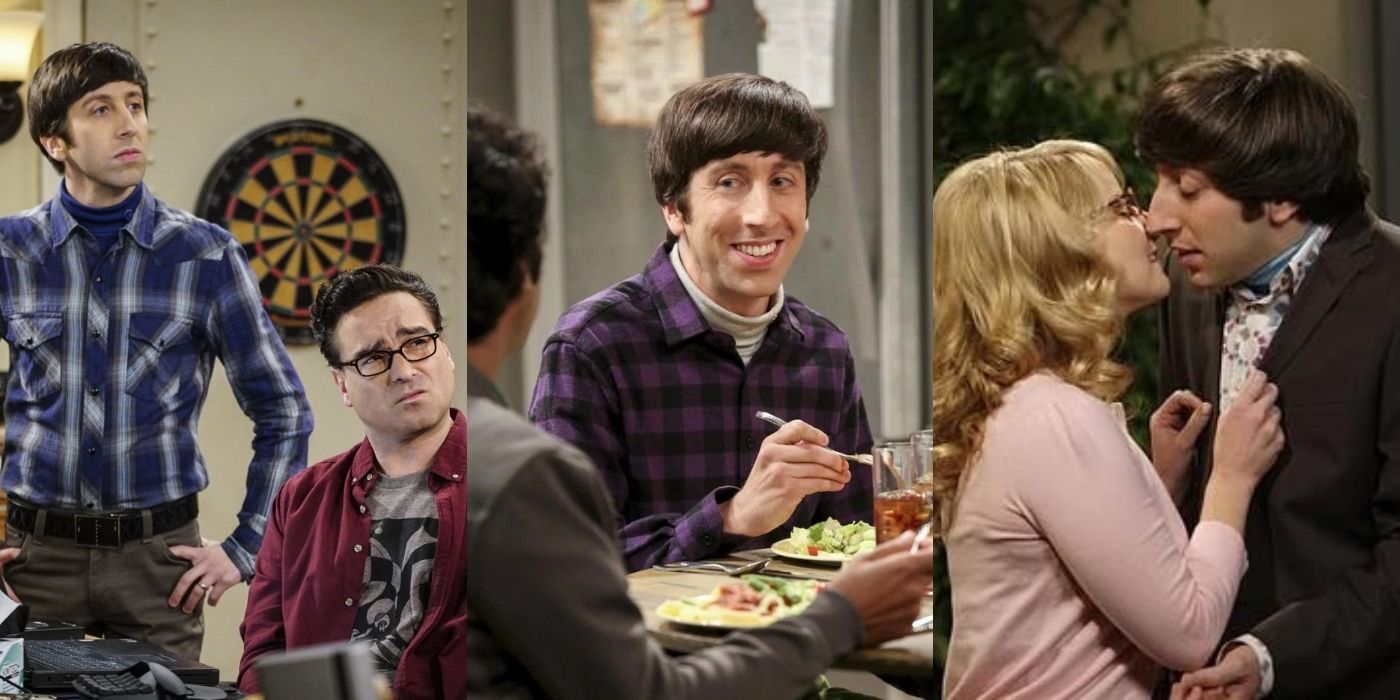
How one of The Big Bang Theory’s quirkiest characters became its most grounded
At the start of The Big Bang Theory, Howard Wolowitz was the comic relief’s comic relief. With his garish wardrobe, bowl-cut hair, and relentless pick-up lines, he often felt more like a walking punchline than a fully realized character. But over 12 seasons, Howard — played with both flair and nuance by Simon Helberg — underwent one of the most surprising and satisfying evolutions in modern sitcom history.
Today, many fans agree: Howard may have had the best character arc in the entire show.
The early days: NASA dreams and awkward flirtation
Howard was introduced as a sleazy aerospace engineer who still lived with his mother and saw himself as a ladies’ man — despite all evidence to the contrary. His constant objectification of women made for uncomfortable (and often intentionally cringey) humor in the early seasons.
But embedded in the absurdity was a subtle vulnerability. Unlike Sheldon, Leonard, or Raj, Howard didn’t have a Ph.D., which gave him an inferiority complex he covered with bravado. His job at Caltech as an engineer was mocked — especially by Sheldon, who insisted he was just “the guy who builds things.”
Despite that, Howard was the only member of the group to travel to space — a monumental achievement that marked the first big turning point in his character.
Spaceflight and maturity: The shift begins
Howard’s mission to the International Space Station in Season 5 was more than just a storyline — it was a rite of passage. Suddenly, the guy who once hit on every woman in sight was grappling with real fear, real stakes, and real responsibility.
In space, he confronted his own limitations. On Earth, his relationship with Bernadette Rostenkowski began to take shape. What started as another flirtation blossomed into the show’s most stable and supportive romance.
Bernadette, played by Melissa Rauch, was no pushover. She was brilliant, assertive, and called Howard out on his worst behavior — forcing him to grow. Their wedding in Season 5, set on the rooftop of the apartment building as a satellite passed overhead, marked the moment Howard transformed from man-child to man.
A family man in a nerd’s world

Over the final seasons, Howard’s evolution accelerated. He moved out of his mother’s house (though not before fans met the unforgettable Mrs. Wolowitz), faced the trials of fatherhood, and started taking his engineering job more seriously. He and Bernadette welcomed two children — a rare event in sitcoms, where babies often disrupt the comedic rhythm.
But in The Big Bang Theory, Howard as a dad didn’t undercut the humor — it enhanced it. He became the only member of the core four to embrace full adulthood without losing the quirks that made him special.
His friendship with Raj also matured. Once partners in crime for uncomfortable flirting, the two navigated new territory as Howard took on more responsibility while Raj remained adrift — creating both comedic tension and emotional growth between them.
Why Howard mattered more than we realized
Howard’s character arc is unique because it mirrors a real kind of growth: messy, gradual, and shaped by relationships. While Sheldon’s development often centered on his intellect and Leonard’s on his romantic struggles, Howard’s was about self-awareness. He became less performative and more authentic, shedding his need to be noticed in exchange for being dependable.
In many ways, The Big Bang Theory’s heart wasn’t just in the science or the friendships — it was in Howard learning to stop performing for the world and start showing up for the people he loved.
What happened after the show?
Simon Helberg kept a relatively low profile after The Big Bang Theory ended in 2019. He starred in the Amazon musical Annette (2021) and made a surprise appearance in Poker Face in 2023. But unlike some of his co-stars, he hasn’t immediately jumped into another sitcom — perhaps because he left The Big Bang Theory having completed one of TV’s most underappreciated character journeys.